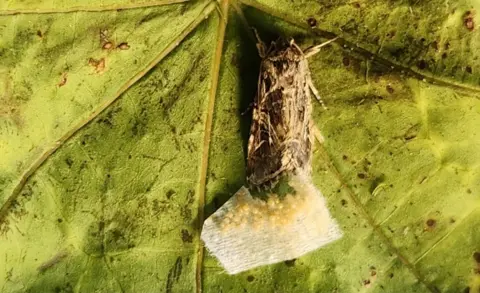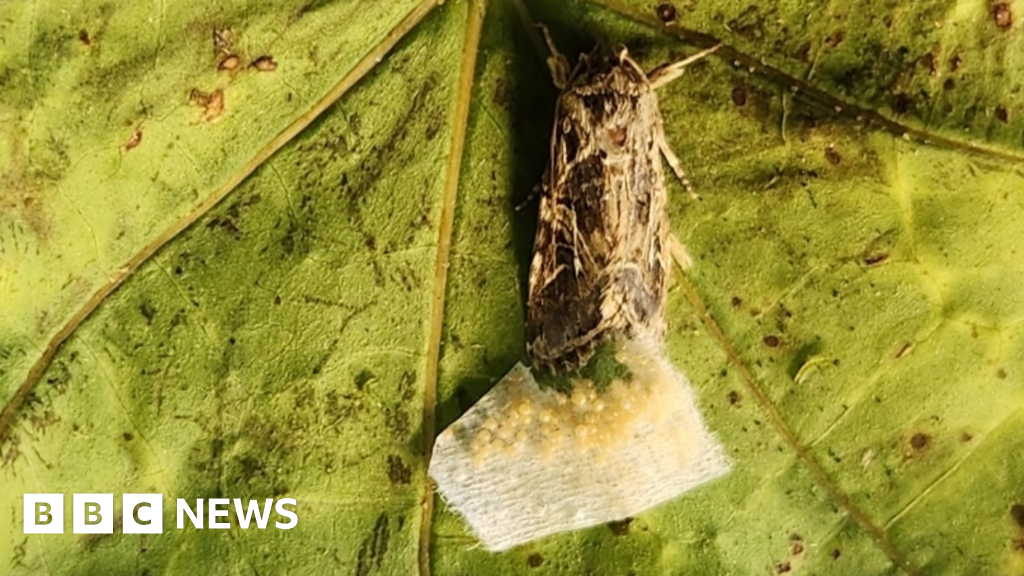Animals react to sounds being made by plants, new research suggests, opening up the possibility that an invisible ecosystem might exist between them.
In the first ever such evidence, a team at Tel Aviv University found that female moths avoided laying their eggs on tomato plants if they made noises they associated with distress, indicating that they may be unhealthy.
The team was the first to show two years ago that plants scream when they are distressed or unhealthy.
The sounds are outside the range of human hearing, but can be perceived by many insects, bats and some mammals.
“This is the first demonstration ever of an animal responding to sounds produced by a plant,” said Prof Yossi Yovel of Tel Aviv University.
“This is speculation at this stage, but it could be that all sorts of animals will make decisions based on the sounds they hear from plants, such as whether to pollinate or hide inside them or eat the plant.”
The researchers did a series of carefully controlled experiments to ensure that the moths were responding to the sound and not the appearance of the plants.
They will now investigate the sounds different plants make and whether other species make decisions based on them, such as whether to pollinate or hide inside them or eat the plant.
“You can think that there could be many complicated interactions, and this is the first step,” says Prof Yovel.
Another area of investigation is whether plants can pass information to each other through sound and act in response, such as conserving their water in drought conditions, according to Prof Lilach Hadany, also of Tel Aviv University.
“This is an exciting question,” she told BBC News.
“If a plant is stressed the organism most concerned about it is other plants and they can respond in many ways.”
 TAU
TAUThe researchers stress that plants are not sentient. They sounds are produced through physical effects caused by a change in their local conditions. What today’s discovery shows is that these sounds can be useful to other animals, and possibly plants, able to perceive these sounds.
If that is the case, then plants and animals have coevolved the ability to produce and listen to the sounds for their mutual benefit, according to Prof Hadany.
“Plants could evolve to make more sounds or louder ones if they were of benefit to it and the hearing of animals may evolve accordingly so they can take in this huge amount of information.
“This is a vast, unexplored field – an entire world waiting to be discovered.”
In the experiment the researchers focused on female moths, which typically lay their eggs on tomato plants so that the larvae can feed on them once hatched.
The assumption was that the moths seek the best possible site to lay their eggs – a healthy plant that can properly nourish the larvae. So, when the plant signals that it is dehydrated and under stress, the question was whether the moths would heed the warning and avoid laying eggs on it?
The answer was that they didn’t lay eggs, because of the sound the plants were producing.
The research has been published in the journal eLife.








